Meet Daniel Frazier, the Director of Operations and General Manager at The Pharmacy Burger Parlor and Beer Garden, who shares his nearly twelve-year journey growing from a host to overseeing all operations. Daniel shares his secret of career progression and the nuances of leading a team that consists of his peers.
How did your restaurant career begin, what led you to Farmers Burger, and what is your current role?
Daniel: I've been with Farmers Burger for almost twelve years now. Interestingly, it was my very first experience working in a restaurant. At the time, I was playing in bands and making music, and I'd held various retail and other odd jobs before that. A friend of mine was working at Farmers Burger, which had been open for a couple of years already. I initially started as a host, to be honest, with the eventual goal of becoming a server. Farmers Burger had a great reputation and a lot of business, so server positions were highly sought after. I hosted for a while, made some really good friends, and truly found a sense of belonging in the restaurant environment, something I hadn't experienced in other jobs, especially retail. I think that's a sentiment you hear quite often in this industry.
For a period, we didn't have a lead server, and eventually, I was asked to step into that role. It wasn't a traditional department head position while still serving tables, but it involved some scheduling and other responsibilities, giving me my first taste of management.
How did you transition to the management, and what were some of the initial challenges of managing people you had previously worked alongside?
Daniel: Right around that time, the team was working on opening our second location. I basically offered to help out by managing a couple of shifts, giving them some time to focus on the new venture. It started with one closing and one opening shift, but quickly evolved into two closing shifts during the week, with serving the rest of the time. It was a way to dip my toes into management. I knew the restaurant well and had the respect of my colleagues, which was crucial.
Managing people you work alongside can be challenging, but I felt fortunate that I had built enough rapport and perhaps had some natural leadership qualities that allowed me to navigate that.
During my first year as assistant GM, I also took over the beverage program, and that's where I really found a lot of enjoyment. It allowed for creativity beyond just the operational aspects of managing. We sell a significant amount of beer at Farmers Burger, and our beer program became a really fun and influential part of the Nashville scene. It was rewarding to see beers we picked up gain popularity across the city.
How did you advance from assistant GM to overseeing multiple locations?
Daniel: Almost four years ago, the GM moved on. Concurrently, our quick-service Assembly Food Hall location opened. I became GM of the original location. The next year, the owner asked me to manage all locations, including the airport spot that opened six months later. Now, as Director of Operations, I oversee menu direction and brand consistency across all sites. It differs from single-restaurant management, with less direct hiring involvement, but effective leadership remains key.
As Director of Operations, what does a typical day involve, and what are your priorities?
Daniel: My day-to-day has evolved significantly. Like many, I start by checking my phone – emails, maybe a quick look at social media. But now, as Director of Operations for multiple locations, while I still need to see things firsthand, my focus is more on ensuring our leaders are in place and executing effectively, and that we're hitting our key sales metrics. I think of it in tiers: employees manage guests, managers manage employees, and I manage the leadership. My role is to ensure our leaders are equipped to lead, develop their teams, and operate systems that allow our employees to thrive.
Hospitality is often seen as temporary. Your career shows otherwise. Is your path unique, or achievable for others?
Daniel: It's both. It depends on the establishment. Across my two directly managed locations, we have around a hundred employees. Realistically, not everyone will move up. Many find their niche as servers or bartenders and build a career there, which is perfectly valid. However, there are definitely opportunities for growth, and we've promoted several individuals within our company. For me personally, I find that once I've mastered something, it becomes less engaging. I need new challenges to stay interested. Luckily, the restaurant industry, even in management, constantly presents new problems to solve.
Managing change, like menu updates, requires time for adjustment. What are key lessons in maintaining smooth operations?
Daniel: One of the biggest things I've learned is the importance of relaxing and responding to what's happening organically. Often, issues arise when you try to force something that isn't natural. Instead, being deeply involved in the process, observing the workflow, responding to problems as they emerge, and making adjustments to smooth things out is key. This is where being a more independent, "mom and pop" operation can have a real advantage in terms of flexibility. But even in larger settings, having someone dedicated to understanding and optimizing the workflow is crucial, especially when dealing with high volume.
The "chaotic kitchen" stereotype, like in "The Bear," – accurate or something to avoid?
Daniel: Not accurate for a well-run restaurant. I watched "The Bear," and that one episode where they were overwhelmed with to-go orders really captured what a truly bad shift feels like. We've all been there occasionally – a fryer breaks down, a sudden rush of orders. That feeling is horrible. But if that's the norm, something is fundamentally wrong. It should be a rare occurrence, ideally less than once a year.
Life happens, someone might drop a tray, but you want to have built-in "cushion" so that these incidents don't derail the entire shift.
Also, if a server consistently feels overwhelmed, it often indicates a lack of organization or not doing tasks proactively. The same applies to management – get schedules out early, for example. Many people make their jobs harder by not being engaged and proactive.
How do you build an organized and supportive team culture?
Daniel: It takes time. I see every organization as having its own personality, much like a human body with cells and organs working together. When things go wrong, it's like the body getting sick. Leadership is like the brain – not the only important part, but a crucial one for organization and direction. Bad leadership leads to disorganization and problems. To develop a good culture, it starts with being thoughtful about your actions. You need a culture where people feel safe to voice concerns without fear of punishment.
Culture is also defined by your priorities. If guest satisfaction is a genuine priority, and you hold your staff accountable to that through encouragement and incentives, it will naturally shape the culture. However, if the primary goal is solely profit, different operational decisions will be made.
Similarly, a chef-driven restaurant might prioritize food quality above all else. You need to identify your core values and build the culture around them. Importantly, not every person will be a fit for your specific restaurant culture, even if they might thrive elsewhere.
How do you hire your team?
Daniel: For us, it involves thorough interviews and maintaining hiring standards. Avoid just hiring anyone with a pulse, although sometimes in a tight labor market, you might need to take a chance and then focus on development.
For Farmers Burger, while our core offerings like burgers and brats aren't overly complex, the high volume and small kitchen demand individuals who are invested, hardworking, and possess problem-solving abilities.
Hiring also involves trusting your gut and assessing the "vibe" – not whether you'd socialize with someone, but whether they feel like a potential employee who can integrate with the existing staff and represent our brand. And finally, be realistic about the level of training you can provide and whether the candidate can fulfill the required duties.
What if a new hire quickly proves to be a poor fit?
Daniel: Address it promptly, within the first couple of weeks if clearly unsuitable. Many places have a 30- or 60-day review period.
What constitutes a "red flag" early on?
Daniel: It can be various things. Mistakes are expected, especially initially, but if there's no improvement or acknowledgement of errors, that's a concern. Significant miscommunications regarding scheduling early on would also be a red flag. Then there are times when someone has a great interview but simply doesn't fit with the existing staff or exhibits unusual behavior. Beyond that initial period, I believe in giving people more grace, especially those who have been with you for six months or longer and have a good track record.
How do you retain good employees long-term, given industry turnover?
Daniel: We still experience turnover due to the nature of the industry – younger people returning to college, people finding jobs in their desired fields, or simply relocating. However, we also have many long-term employees and even some who leave and then return. A key aspect of retention is clearly defining the essential requirements of each job and consistently upholding those standards. Staff respect you for that and for not making them do meaningless tasks. It's also crucial to hold people accountable, but in a constructive way. Avoid scolding in the moment, as it's generally not effective. Instead, have intentional sit-downs to communicate expectations and address shortcomings.
Want more articles like this straight to your email? Make sure to create an OysterLink account and join our newsletter.
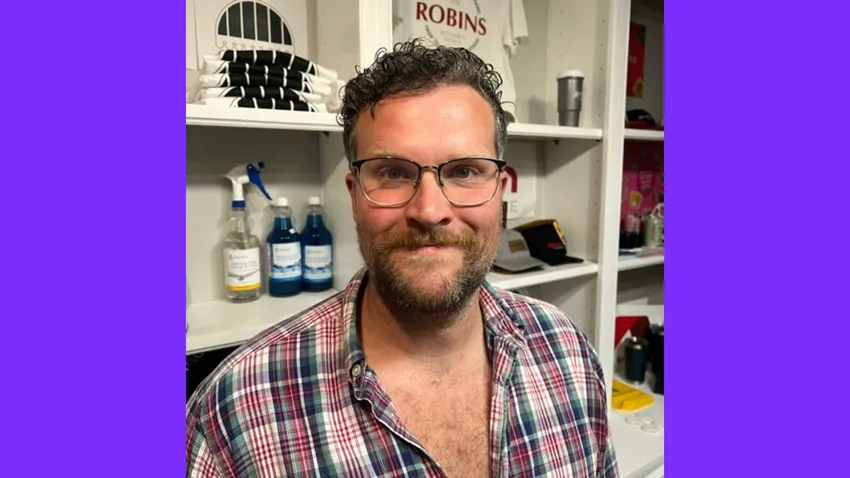

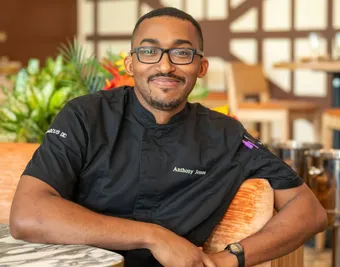
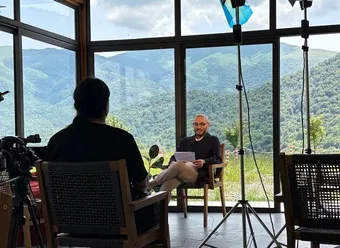
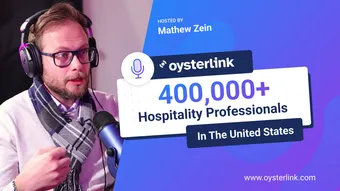
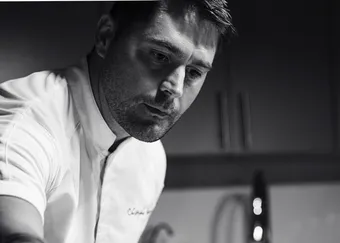
Loading comments...